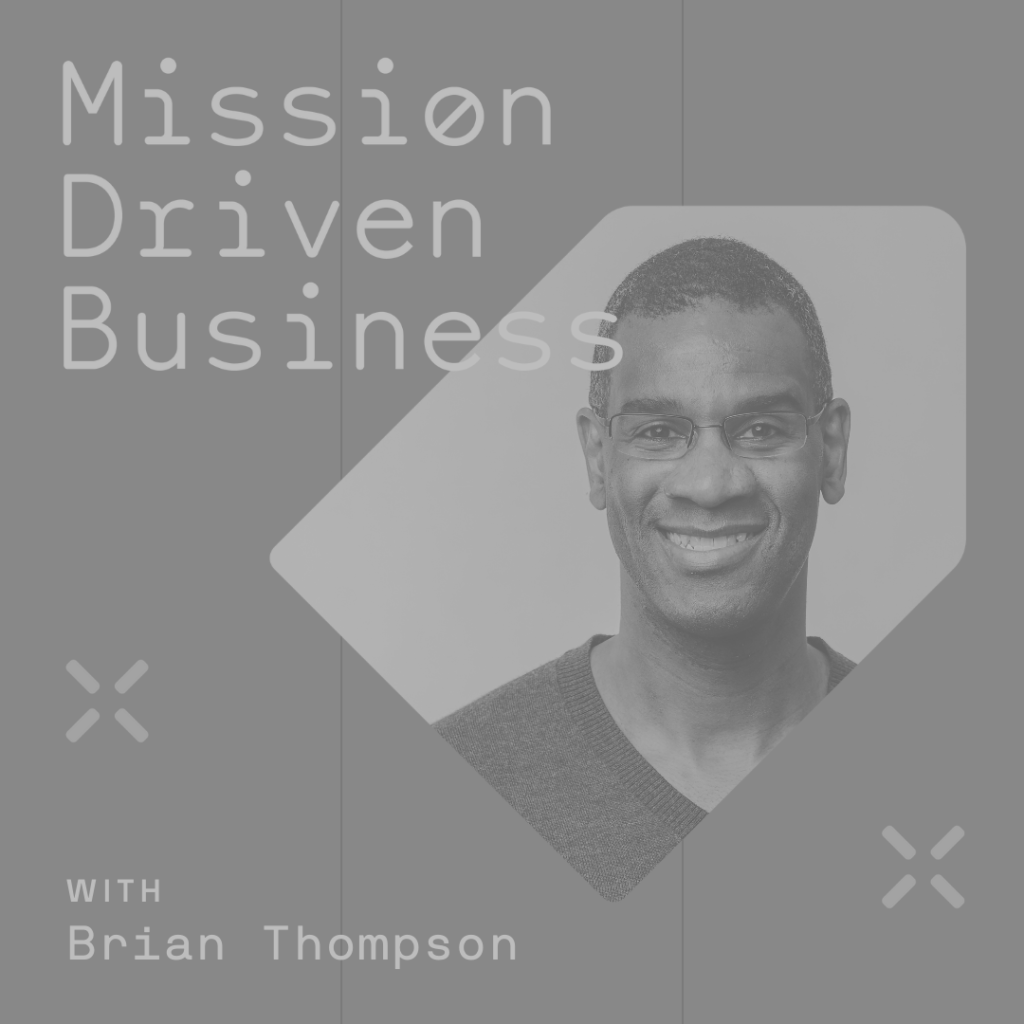It’s hard to believe that 2021 is halfway over. Things have changed so much since the beginning of the year, and it’s the perfect time to take a step back and reflect. In this special episode, Brian provides insight and advice for conducting a midyear review for your business. You’ll learn steps to gain awareness, evaluate your business purpose, and take corrective action while there’s still time to change things.
Episode Highlights: How to Conduct A MidYear Business Review
1. Have a personal check-in
Paradoxically, the first action item is to take a break from the action, as Brian says in the episode. The midyear review is the perfect time to take a pause and check-in with yourself about your feelings, successes, challenges, and goals.
Here are just a few questions to get you started:
- Are you living up to the company’s purpose and vision?
- Are you accomplishing your goals?
- Are you working the number of hours you want to work?
- Are you feeling overwhelmed or anxious about the future of your business?
- Do you feel satisfied and fulfilled in the work that you’re doing?
“I’ve seen so many entrepreneurs use their passion and energy to accomplish things they never thought they could,” Brian said. “So don’t fight your emotions, let them drive you.”
2. Assess your cash flow
Cash flow is the lifeblood of your business, and proper cash flow management requires systems. Brian advocates for putting your money into buckets like with the Profit First system, which he covered in Episode 6 and Episode 7.
3. Review your tax payments
Halfway through the year is a good time to think about taxes. By this point in time, you should have made two tax payments on April 15 and June 15.
“Mid-year is an excellent point to check in with your accountant and see if you’re on track with your projections,” Brian said.
An account or tax professionals can make sure you’re on track and help you correct your estimated tax payments if you’re behind. You can also review your payments with an online program, like Quickbooks, Brian said.
4. Conduct an expense analysis
Now is also an excellent opportunity to review your expenses. To conduct an expense analysis, you need two things:
- Expenses for the past six months
- Recurring expenses (e.g. rent, subscriptions, training, classes, etc.)
Brian recommends adding up the costs of your expenses and multiplying that number by 10%. Then, cut your costs by that number. One place to start is with items you’ve justified as a business expense for tax purposes.
“Just because you get a tax deduction for an expense, you’re still losing money if you still purchase something you don’t use,” Brian said.
5. Write down 2 – 3 action steps for the second half of the year
Now that you’ve reflected and reviewed, it’s essential to write down two or three action steps to get you started for the second half of the year, Brian said.
Here are some questions to help you do that:
- What is it that I can do about the obstacle that I’m facing?
- How am I going to do it?
- When am I going to do it?
- Who can keep me accountable?
- How do I feel about it?
After you’ve set action steps, give yourself some downtime to relax, so you can go into the second half of the year full of passion and energy. And remember: you don’t have to accomplish everything right at the start.
“You’re more likely to find success taking several steps each day rather than trying to run several miles at once,” Brian said.
Resources + Links
- Episode 6: Eradicating Entrepreneurial Poverty with Ron Saharyan
- Episode 7: Being Profit First with Mike Michalowicz
- Contact Brian: hello@btfinancial.com
- Brian’s Social Media: Twitter, Instagram, Facebook
About Brian and the Mission Driven Business Podcast
Brian Thompson, JD/CFP, is a tax attorney and certified financial planner who specializes in providing comprehensive financial planning to LGBTQ+ entrepreneurs who run mission-driven businesses. The Mission Driven Business podcast was born out of his passion for helping social entrepreneurs create businesses with purpose and profit.
On the podcast, Brian talks with diverse entrepreneurs and the people who support them. Listeners hear stories of experiences, strength, and hope and get practical advice to help them build businesses that might just change the world, too.
